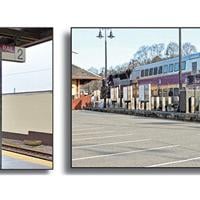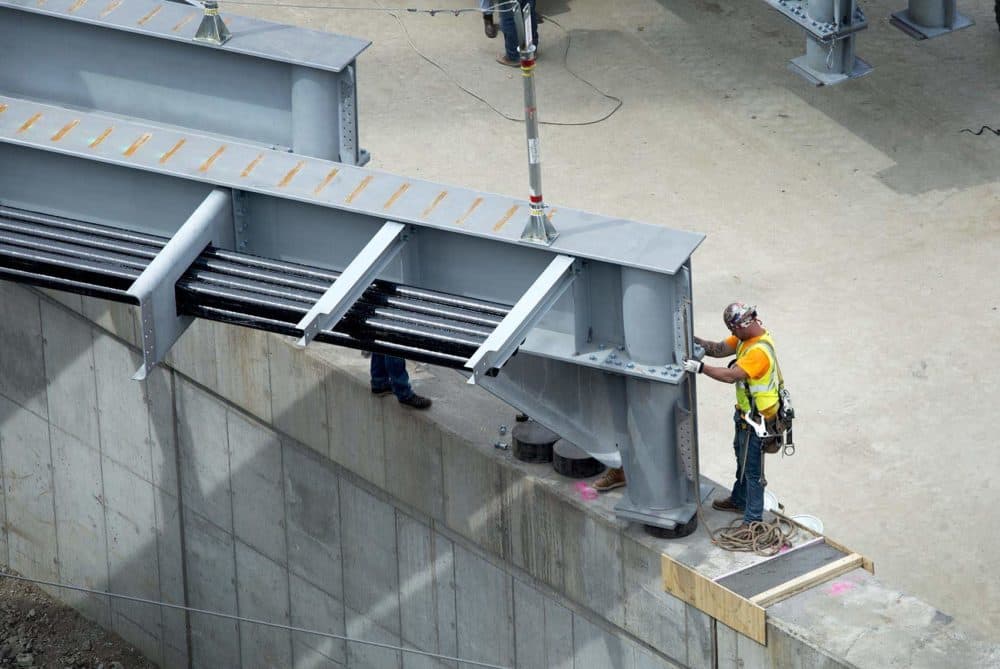I thought it would be interesting to discuss the new zoning requirements for communities with mbta stations and neighboring communities. It'll be interesting to see how many towns comply and if any decide to forgo certain state funding.
I'm a big fan of this effort though. Hopefully it works and loopholes are closed. I'm also interested in the fact that it does not specify affordability requirements.
 www.mass.gov
www.mass.gov
I'm a big fan of this effort though. Hopefully it works and loopholes are closed. I'm also interested in the fact that it does not specify affordability requirements.
Multi-Family Zoning Requirement for MBTA Communities
This page includes Compliance Guidelines on new Section 3A of MGL c. 40A and related materials.


